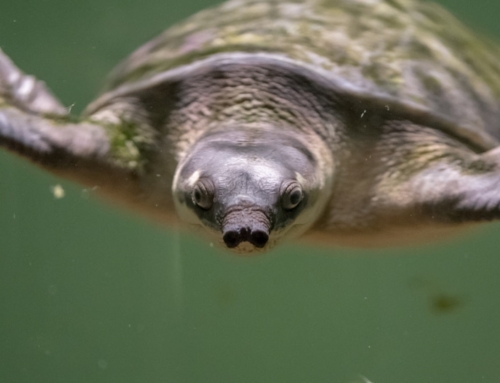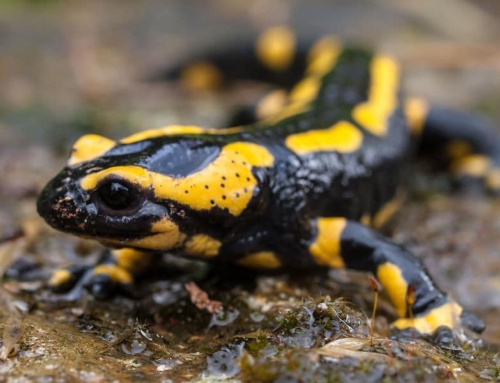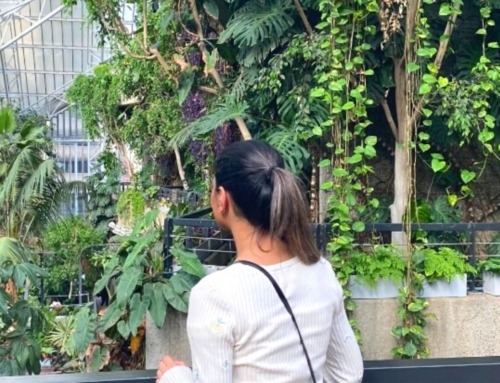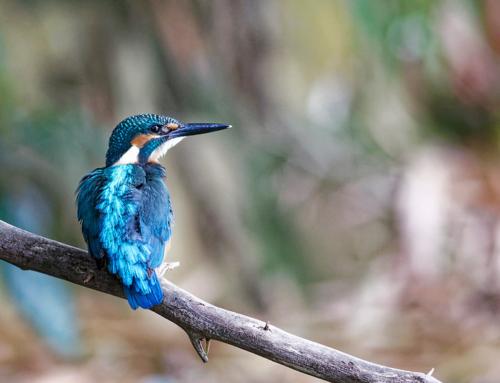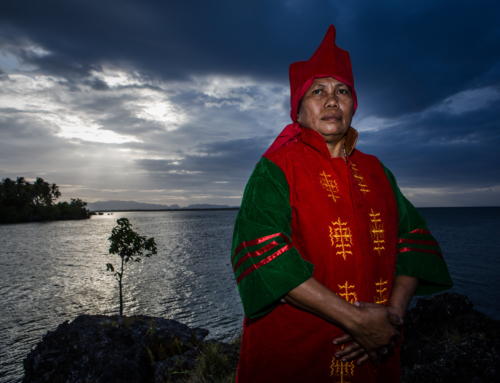Synchronicity Earth CEO, Kirsty Schneeberger, reflects on the notion of grieving for nature and how 2020 has brought sadness and pain, but also a chance to reflect on our relationships with each other and with the natural world.
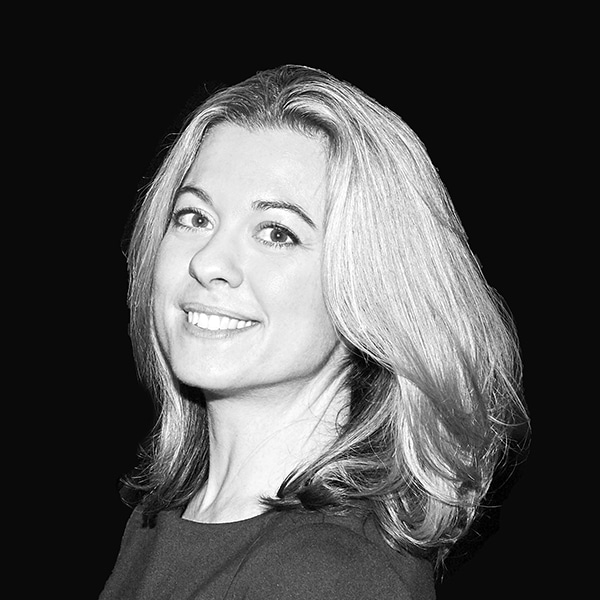
Sharing this reflection with colleagues I thought it would be interesting for us to carve out time in our calendars to make space for free-style conversations on a variety of topics. The aim was to have a wide-ranging scope for these discussions and, perhaps, bring in some philosophical thinking. And so, our weekly Philosophy Corner sessions were born. Since April, and almost weekly, the team have brought to the zoom-space topics to discuss ranging from the link between zoonotic diseases (such as COVID-19) and planetary health, how to tackle the illegal wildlife trade, our values as an organisation and how we can ‘build back better’, understanding more deeply the systemic drivers of biodiversity loss, how we would deepen our commitment to diversity and inclusion, and innovative ways to measure our impact.
More recently we had a special guest join us to lead the conversation and invite us to think differently about how we go about life and what we can learn from the ‘power of ritual’. Casper ter Kuille, a dear friend and (in our more youthful days) fellow youth climate activist, articulated beautifully the value of giving meaning to habits in our lives, enabling them to transform into rituals. Drawing insights from his recently published book The Power of Ritual, he shared with us his learning and experience of applying religious ritualistic thinking into day to day living, and how this can give us myriad tools at our fingertips to manage the complexity of modern living and help us to carve out space for reflection, thinking, slowing down.
Casper invited us to share examples of where we might already be ritualising things in our lives, perhaps without even noticing or calling them such. It was so uplifting to hear the team share stories of how important connecting with nature is to them – going for walks in parks and other natural open spaces, taking the time to listen to the birds singing or experiencing the passage of time pass with every seasonal change.
There is something deeply moving to recognise how important nature is in our day to day lives and what a balm it can be to soothe the stresses and anxiety of modern, fast-paced, and sometimes frenetic living.
During the COVID-19 lockdown the team shared their experience of loving the ability to connect with nature; and how restrictions on our time in nature were devastating. One of our colleagues is a keen bird-watcher but was in a shielding household and so was confined to the house and garden in the urban outskirts for 12 weeks during lockdown. Those of us who were able to venture outside for our daily one-hour dose of exercise would do all we could to capture recordings of birdsong in those gloriously song-filled spring days, and share them as a way of keeping him connected to nature. A humble offering but nonetheless one that perhaps brought solace to those difficult days.
We also noticed that, when faced with the prospect of nature being taken away from us even temporarily, our emotional draw to it grew stronger, and we found ourselves longing to experience and be in nature. Much has been commented on how our mental health benefits from being in nature and having a connection to it, and with this being restricted we are starting to see just how much of an impact this has had on people, and that many have suffered tremendously.
When reflecting on the work that we do and support at Synchronicity Earth, we couldn’t help but have a deeper conversation about how we are going to cope with the losses brought about by ever-increasing rates of biodiversity and habitat destruction; and the extinction of so many species.
We speak of biodiversity loss in terms of numbers and statistics, data and scientific evidence, that shows us in graphic and sometimes overwhelming terms that we are losing our world. That we are losing our ability to learn from nature and integrate it into our lives, our rituals. This loss in actual terms is almost unimaginable, and so too is the grief that follows. But where is the space for us to grieve and manage that loss?
I was at a funeral recently and one of the readings had this powerful phrase:
“Grief is love with nowhere to go.”
We all love nature, its majesty and beauty, its ability to calm us and provide a place for us to walk quietly or with friends, wonder in its magnificence, adore its simplicity; but when it is gone where can that love go?
Reflecting that afternoon, I realised that this grief has been creeping up on me almost my entire life, from the moment I first learned of the damage we are doing to the environment in a science class at school, to presentations at conferences on climate catastrophe and the dire consequence of breaching our planetary boundaries more recently. But I feel as though I have had no way of processing it, no way of articulating it, no way of understanding it.
Last week was National Grief Awareness Week. I had not known there was such an awareness week until this year. After a challenging year such as this one, where loss and sadness might have crept into lives unwelcome and unwanted, I imagined that lots of people might have been engaging with grief awareness week, looking for some support as they grapple with managing this extraordinary emotion and process during this difficult time.
I couldn’t help but wonder, however, about how we might manage our grief for the loss of our natural world through this period of great sadness and sorrow. Sadness at the loss of beauty of nature, sadness at the tragic and heartbreaking events that are unfolding all over the world, sadness at the prospect of so much of our love for nature having nowhere to go.
This year was meant to be the ‘biodiversity and climate super year’ thanks to the twin UN processes focusing on those issues. Whilst these did not go ahead as planned, as we reflect back on the year, we will perhaps recognise that it has been an important year for nature in many other ways. We will perhaps find that this year of immeasurable tragedy and loss could really wake us up to the reality that without urgent action taken to prevent the impending losses we face, we risk losing our natural world forever.
I really do get the sense that the tide of public opinion has shifted, that we no longer want to sleepwalk towards devastation of our natural world. Instead, we feel fired up to do something – whatever it might be – to prevent as much harm as we can and earnestly undertake efforts to restore and regenerate the natural world that we love so much.
This of course is the raison d’être for Synchronicity Earth: supporting partners and projects that are undertaking conservation work and biodiversity protection so that we do continue to live in a world full of thriving and flourishing nature, so that we can continue to love the diversity of species and habitats and we are so grateful to all our donors who have continued to support us this year, enabling the continuance of this despite COVID-19 disruptions.
As the winter solstice – for those in the Northern hemisphere – draws nearer, and we reflect on the year that has been, perhaps we will take a moment to consider whether and how we are already grieving for our natural world, and how we might act to prevent further loss of nature and biodiversity to protect that which we love.
Our natural world is precious to us all in so many different ways. My end of year hope is that we are stepping towards a future where we will always have somewhere for the love of our natural world to go.

